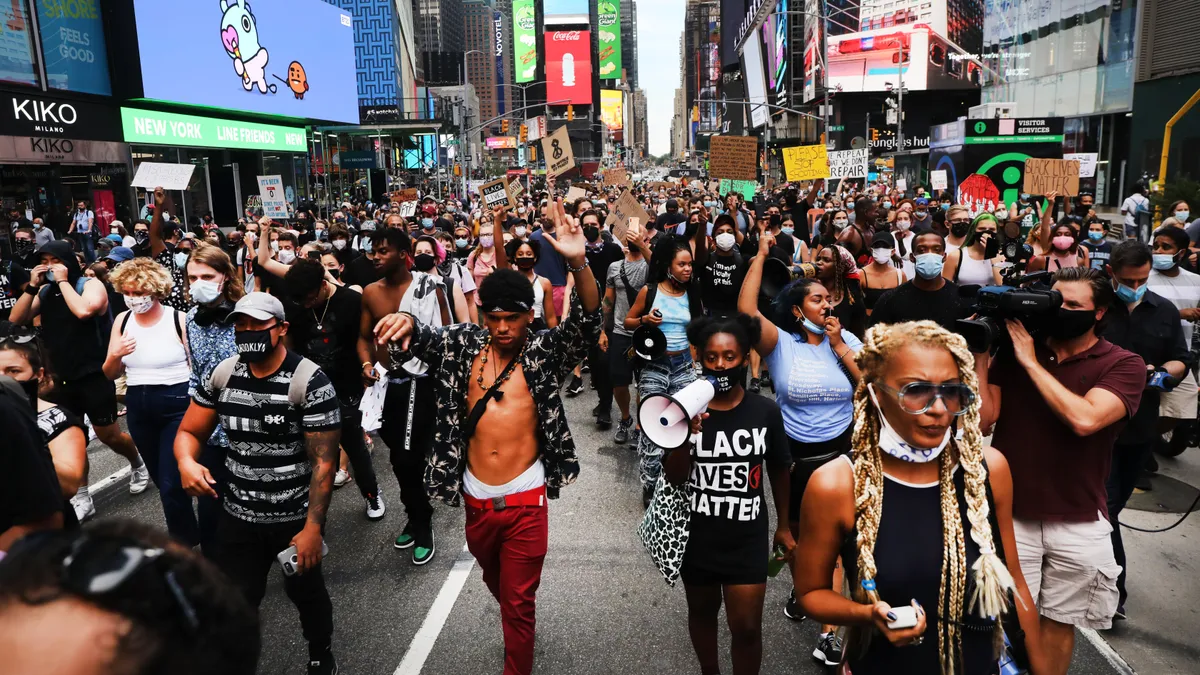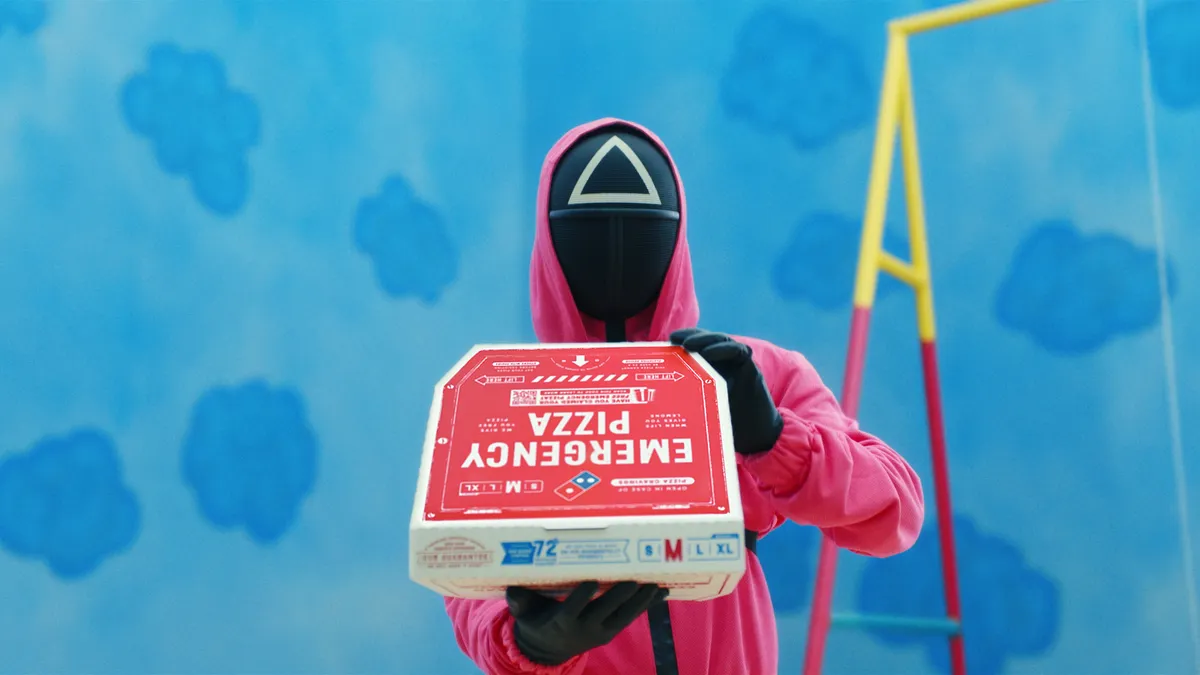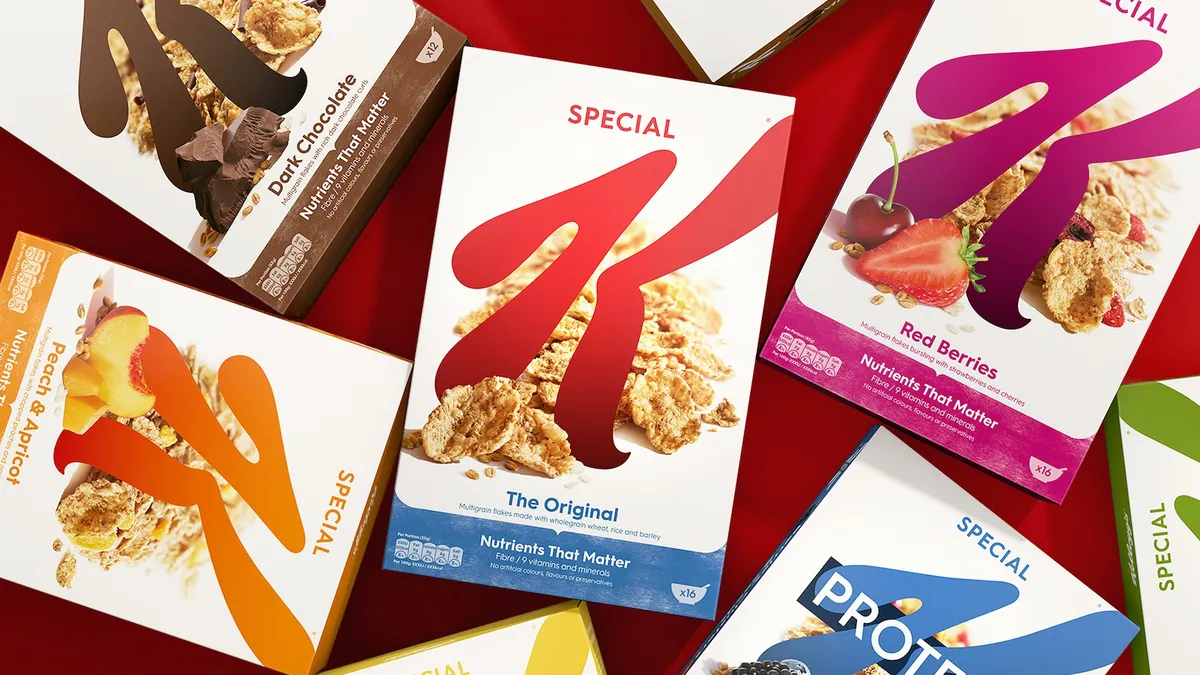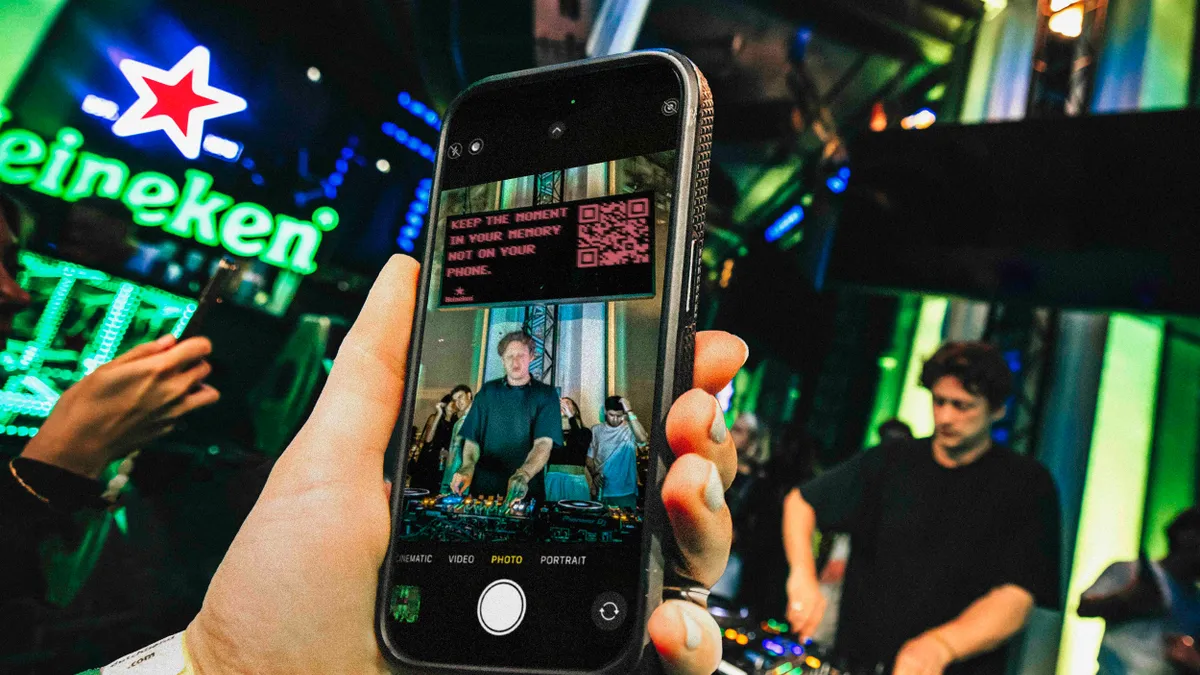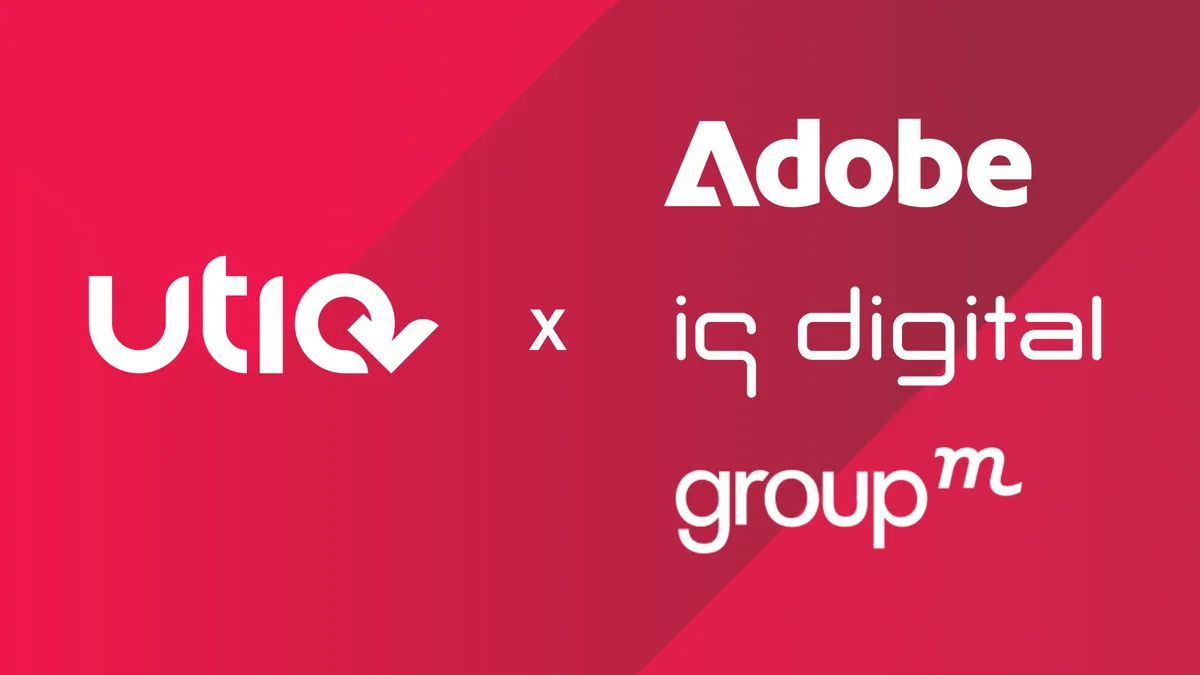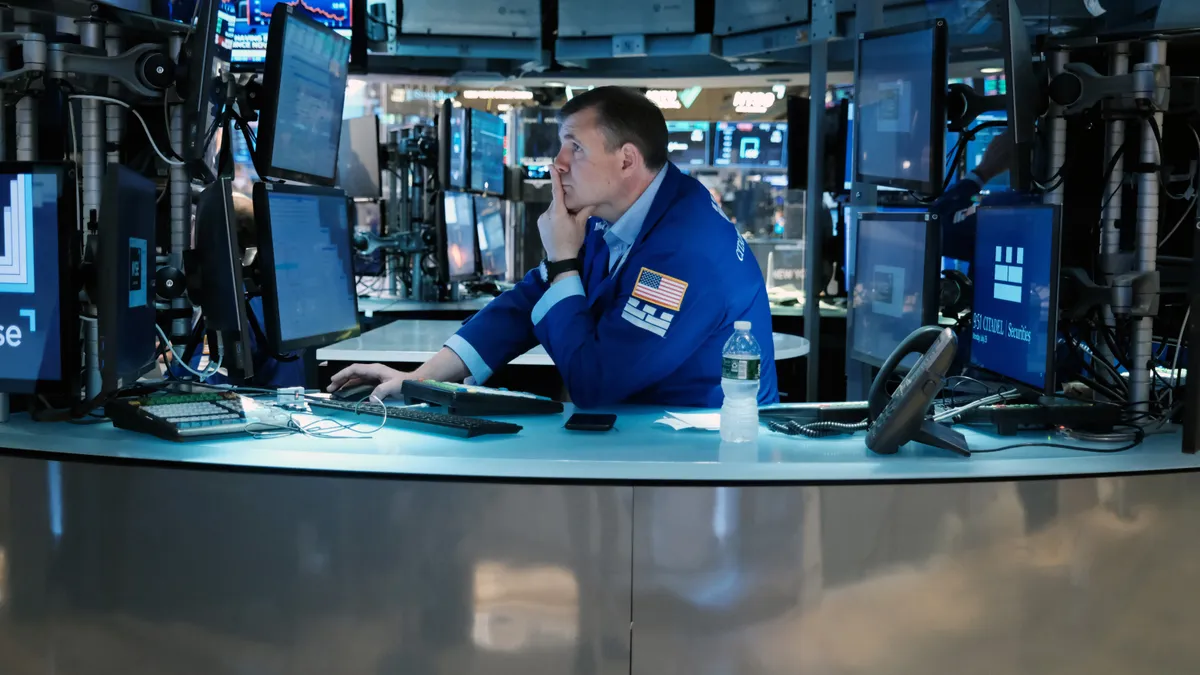While they have intensified since protests against racist violence kicked off in the summer of 2020, calls for greater diversity, equity and inclusion (DEI) in adland are nothing new for marketers. But as months turn into years, brands and agencies must make concrete actions and demonstrate real results as they work to become more inclusive in their marketing and their organizations, according to a live session at Advertising Week that was viewed virtually by Marketing Dive.
"Inclusive marketing is actually the integration and the valuing and the centering of voices who represent the entire world," God-is Rivera, Twitter's global director of culture and community, said during the session. "We've got a lot of catching up to do ... with voices who have been historically excluded [when] looking at marketing that reflects everyone's experience."
Calls for better representation have flowed from consumers to brands to their agency partners, who help to craft inclusive marketing messages and campaigns. Often, campaigns don't have an authentic voice with different consumer groups, missing out an opportunity to grow a brand and its sales, Barry Wade, managing director of cultural partnerships and identity at OMD, explained during the session.
"When we take things for granted, we don't realize that this community — for most companies out there in the consumer goods space — is their growth. If they miss their opportunity with LatinX, Black [consumers], Hispanics, LGBTQ, they're gonna miss their number to Wall Street," Wade said. "They can't wait to play catch up. They literally have to do that today."
Beyond inclusive marketing messages, agency holding groups have worked to ensure inclusivity throughout the advertising pipeline. In May, Interpublic Group's IPG Mediabrands pledged to allocate at least 5% of total media spending among its advertiser clientele to Black-owned media by 2023, while WPP's GroupM started a program to support diverse and Black-owned media companies and creators as part of its broader inclusion efforts. Publicis Media in July followed these efforts with the launch of an initiative to remove industry barriers to equitable financial opportunity and representation of underserved and ethnically-diverse suppliers.
Omnicom's journey
OMD parent Omnicom has also rolled out similar efforts that align the needs of marketers and diverse media owners. Omnicom Media Group (OMG), the holding company's media services division, in June launched a diverse content creators network, a cross-platform planning and activation system that targets minority-owned and diverse publishers and content creators. To boost the effort, it also partnered with minority-owned Colossus SSP to launch more than 150 private marketplaces that helped diverse publishers gain a greater share of spend.
The next step in Omnicom's journey to boost DEI is helping to level the media selection process playing field for diverse creators, recognizing the same structural biases and constraints that other holding companies and brands have worked to overcome. OMG last week (Oct. 19) launched a first-of-its-kind partnership with the National Minority Suppliers Development Council (NMSDC) to help diverse content creators earn the latter organization's minority business enterprise (MBE) certification.
"Our goal in partnering with the NMSDC — the gold standard for minority-owned certification — is to build the industry's only database of certified creators, enabling a new media channel for diverse investment," OMG North America CEO Scott Hagedorn said in a press release. "Working with the NMSDC, we're raising the bar, moving beyond curating diverse inventory to creating it — an influencer marketing channel that will give diverse creators more opportunities to strategically and effectively partner with our clients."
OMG will identify candidates through its Diverse Creators Network (DCN) and reimburse application fees for candidates through a new grant program that will be administered by NMSDC and supported in part by DCN media partners. The MBE certification is required by some advertisers for spend to be attributed to a larger investment commitment.
"No longer could you write a check, have a headline and walk away from their responsibilities as humans."

Barry Wade
Managing director of cultural partnerships and identity, OMD
Creators who earn the certification will also be able to take part in a media and advertising education program that will be created and supported in tandem with NMSDC Academy and the organization's Emerging Young Entrepreneurs program. OMG has set a goal of sponsoring 500 diverse creators for NMSDC certification by the end of 2022.
Last summer's dual crises of the pandemic and protests made it clear to brands and agencies that the stakes and consumer expectations of inclusive marketing had changed. OMG hopes that real results can be achieved through a partnership with a long-standing organization like NMSDC, which was chartered nearly 50 years ago.
"No longer could you write a check, have a headline and walk away from their responsibilities as humans," Wade said during the session. "We're doing the hard work, and I think the onus is on all of us not only to do that work, but to make it sustainable, really be very intentional about what it is you're going to accomplish, what you can accomplish with your team... How do you build something that is long lasting?"
Wade hopes that the partnership with NMSDC and its other moves to bolster inclusivity don't remain exclusive to Omnicom.
"Our biggest hope is that the entire industry follows this lead, because that's going to be the greatest impact for all the creators that have been marginalized, disenfranchised and historically have not had the level of investment towards them," Wade said.
The move to achieve inclusivity in the industry was perhaps best summed up by a tweet shared by the panel's moderator, Imani Ellis, CEO and founder of the Creative Collective and CultureCon.
"It said, 'I can't just be on your mood board. I need to be in your boardroom.'"



